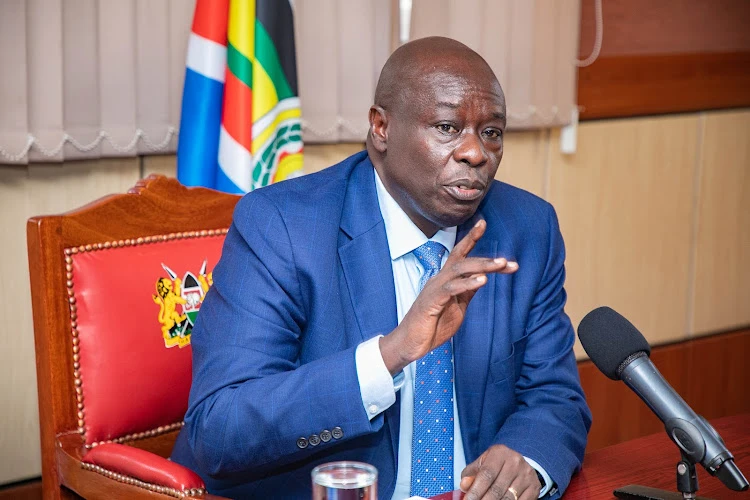The National Biosafety Authority (NBA) has launched a nationwide public engagement campaign to collect views on the proposed introduction of a genetically modified maize variety, Bt maize (MON 89034), aimed at combating the fall armyworm and maize stem borer pests that plague Kenya’s agricultural sector.
Public participation forums are scheduled for today (Tuesday) and next Wednesday across Kakamega, Uasin Gishu, Trans Nzoia, and Machakos counties. These sessions align with the Biosafety Act, 2009, and the Biosafety (Environmental Release) Regulations, 2011, which mandate public notification and involvement when applications for the environmental release or market placement of GMOs are received.
The application for Bt maize was submitted by the Kenya Agricultural and Livestock Research Organization (KALRO) and the African Agricultural Technology Foundation (AATF) last month. The NBA’s Acting Director of Biosafety Research and Compliance, Josphat Muchiri, emphasized the importance of public awareness in the decision-making process.
“The Authority is committed to promoting awareness and education on biosafety matters, ensuring transparency and inclusivity in all its processes,” said Mr Muchiri. He noted that public notices were published in widely circulated newspapers, the Kenya Gazette, and the NBA’s website to initiate consultations on the biosafety approval request.
In addition to print media, the Authority is leveraging social media and other communication channels to educate the public on GMO safety and engage stakeholders through interactive sessions. This multi-channel approach underscores the NBA’s dedication to transparency and public involvement.
Before Bt maize can be commercialized, it must pass additional regulatory hurdles, including Environmental Impact Assessments (EIA) and National Performance Trials. At each stage, public engagement will remain integral.
The NBA is collaborating with key agencies such as the Kenya Plant Health Inspectorate Service, the National Environment Management Authority, and public health experts to ensure a comprehensive review process.
Although KALRO spearheaded the research, Mr. Muchiri clarified that NBA approval is required before farmers can access the genetically modified maize. “We will consider expert input, government agency recommendations, and public feedback to ensure all concerns are addressed before making a final decision,” he stated.
The NBA has already approved several GMO crops for confined field trials across the country, including virus-resistant cassava, sweet potatoes, and biofortified sorghum. Bt cotton, introduced in 2020, has been successfully commercialized without adverse effects reported.
With Bt maize and virus-resistant cassava nearing commercialization, Mr Muchiri assured Kenyans of the NBA’s commitment to upholding safety for human and animal health while protecting the environment. The Authority has established a robust legal and regulatory framework to govern the development, handling, and use of GMOs in the country.
As the public consultation process continues, the NBA remains steadfast in its mission to ensure biosafety while fostering innovation in Kenya’s agricultural landscape.





